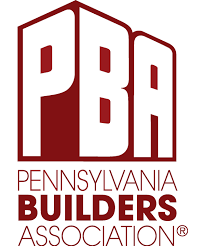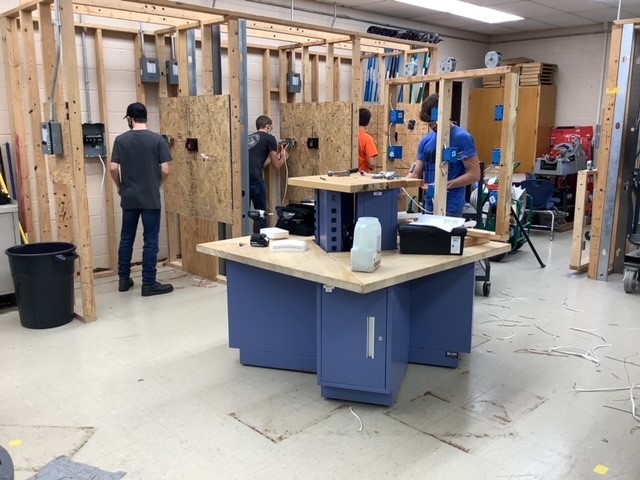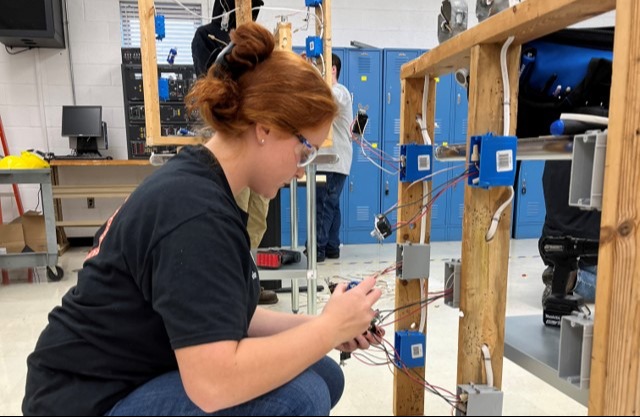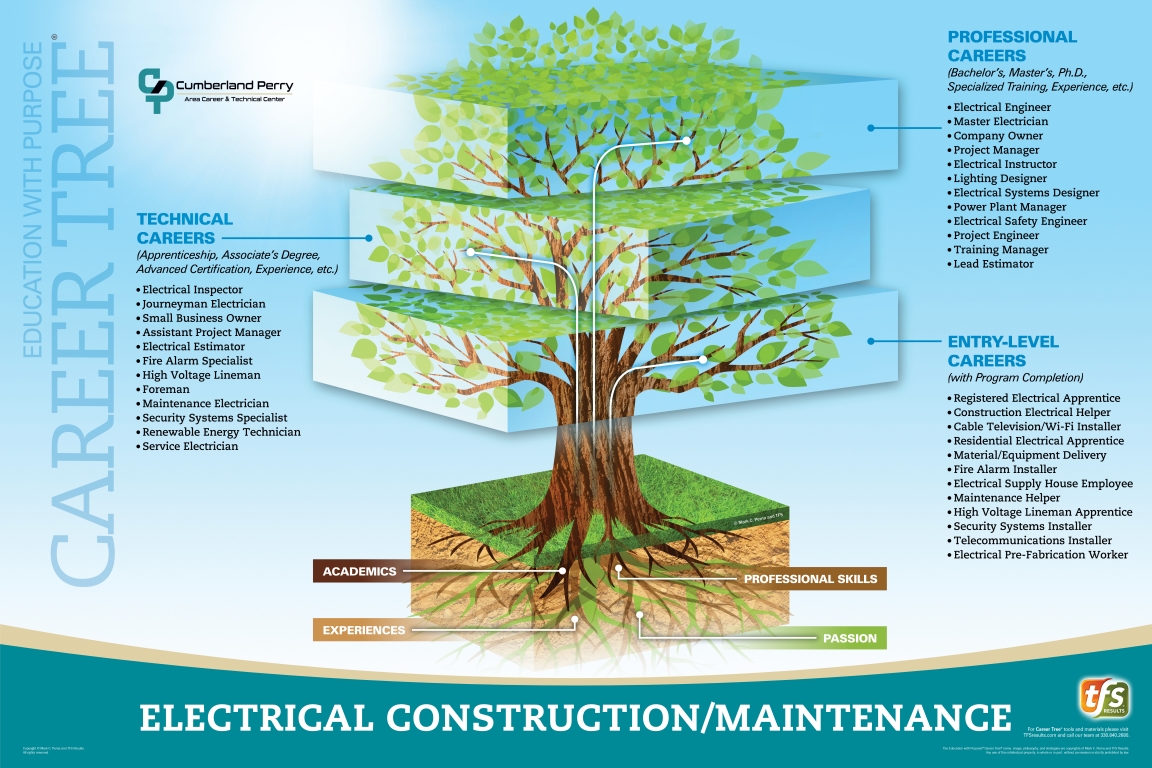Electrical Construction & Maintenance
What is Electrical Construction & Maintenance?
Students in the Electrical Construction & Maintenance program receive classroom training and practical experience in the installation of circuits, switches, conduits, circuit breakers, and other electrical devices; instruction includes the proper use and care of hand tools and equipment used to install electrical systems on a construction site. Students learn to connect and disconnect electrical equipment and determine proper installation and operation of electrical work, apply procedures used in interior circuits and outlets, and troubleshoot electrical malfunctions. Special emphasis is placed on the National Electric Code Specifications used in residential, commercial, and in industrial electrical construction projects. Students can enter apprenticeship programs offered by the International Brotherhood of Electrical Workers; Independent Electrical Contractors; or local contractors, or enroll in an Associate or Baccalaureate Degree program at a post-secondary institution. Additional education resulting in a baccalaureate degree from a four-year college can lead to employment as an electrical engineer.
For more information on the opportunities available through this program, please refer to the "College Credits" and "Industry Certifications" links to the left. Watch this video to find out what a CPACTC education means for you!



Is it for You?
Students interested in applying to the ECM program should like using tools and equipment. Additionally, those who prefer seeing physical results out of their work may enjoy this field. Electricians work both indoors and outdoors; the work may be noisy and dirty, and weather will vary depending on the location and climate (winters are cold, summers are hot). Standing, squatting, and stretching are almost continuous actions. Work is often done on ladders and scaffolds, often in awkward places, and frequent lifting and carrying of tools and materials is required. Those working in the Electrical Construction & Maintenance field are also subject to injuries caused by falls from ladders or other high places; cuts from sharp tools; and electrical shocks and burns. The average work week is generally thirty-five to forty hours or more, usually five days a week, although some jobs may require overtime and odd working hours. Additionally, the following skills are essential to professionals in this field:
Good vision, either naturally or with correction.
Good color vision.
Good manual dexterity.
Average math ability.
An interest in scientific development.
Good physical coordination.
What's Next?
Potential Career Pathways
* Salaries listed are PA state averages taken from www.onetonline.com and are accurate as of 2020.
Electricians ($57,300)
Electrical Power Line Installers/Repairers ($81,380)
Electrical/Electronics Repairers (Commercial & Industrial) ($72,520)
Electrical Engineers ($98,530)
...and many more
Post-Secondary Studies
*Some employment options may require additional study.
HACC: Electrical Technology
Penn College: Electrical Technology


